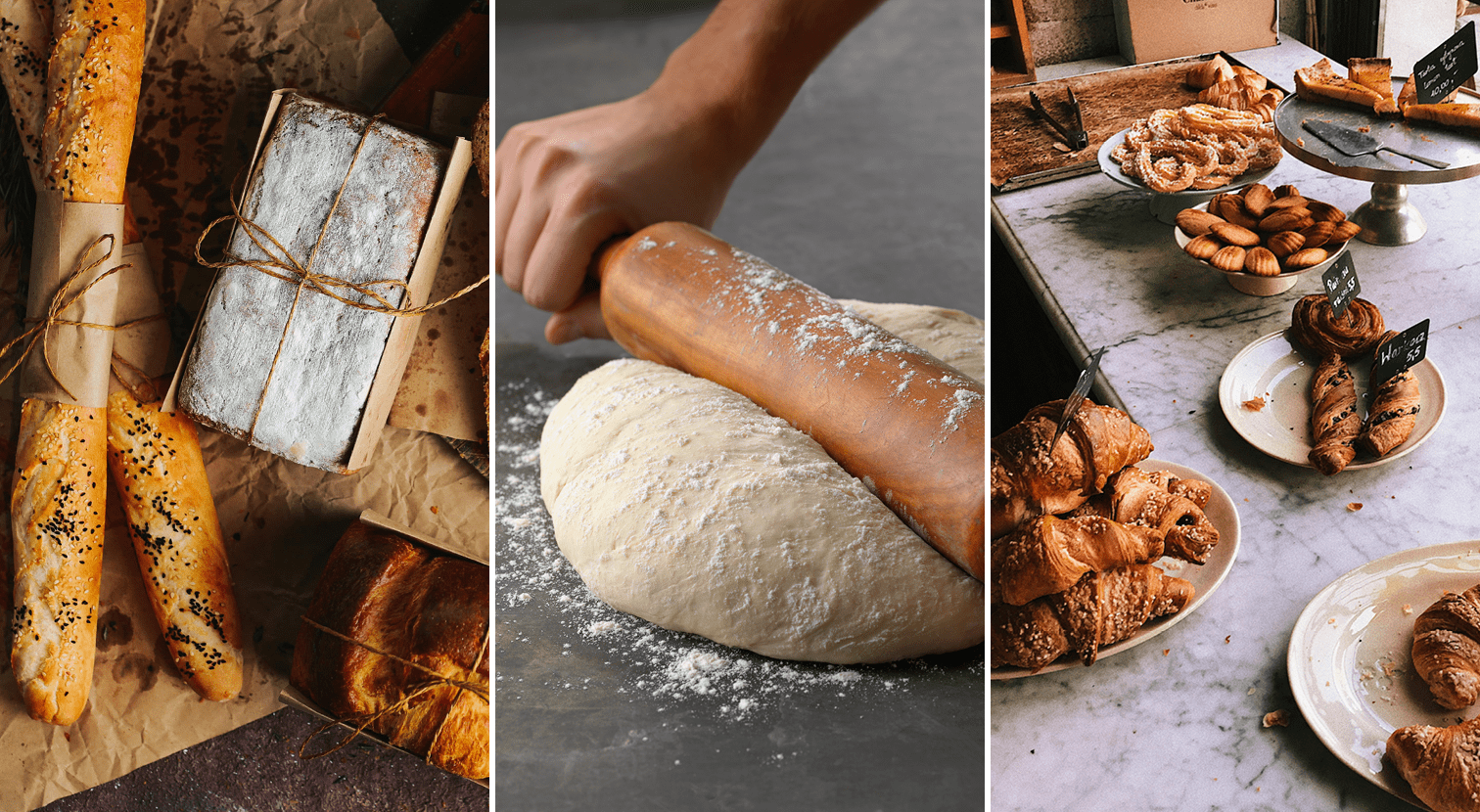What are the challenges of the boulangerie profession?
Working in boulangerie involves a number of challenges that you need to be aware of before embarking on this exciting profession.
Staggered working hours
Most boulangerie chefs start their day very early, often between 3 am and 5 am. These atypical working hours require good organisational skills and a healthy lifestyle.
Physical workload and fast pace
Working on your feet, lifting heavy loads, enduring the heat of ovens... bread-making requires good physical fitness.
What training do you need to work in boulangerie?
There are several training programmes available to help you get a job in this sector.
A Boulangerie CAP is the classic route into the profession. It provides training in basic techniques, hygiene and artisanal production.
To move up the career ladder, a Boulangerie BP, Bac Pro or additional qualifications are recommended. Le Cordon Bleu provides programmes dedicated to excellence where techniques and a passion for the product are combined.
How much can you earn in the boulangerie field?
Salaries vary according to the role, your experience and the type of establishment.
- Bakery employee - beginner: About €1800 gross / month
- Head boulangerie chef: Between €2500 and €3500
- Industry or luxury establishment: Up to €4000 or more
Specialist
pastry chefs or catering chefs can also earn high
salaries.
What are the job prospects?
There is no shortage of opportunities. You can start out as a general employee, then progress to head boulangerie chef, production manager, or open your own bakery. Teaching is also a way of passing on your passion. Thanks to continuing education programmes, you can specialise or broaden your skills (top-of-the-range viennoiserie, organic bread, gluten-free bread, etc.).
What are the different working environments in the boulangerie profession?
There are as many ways to experience boulangerie as there are professionals. Some prefer contact with customers in a traditional bakery, while others prefer the efficiency of more industrialised production units. There are also bakeries that are part of hotels, gourmet restaurants or special events. Each working environment offers a different dynamic, but they all require the same passion for making an outstanding product.

